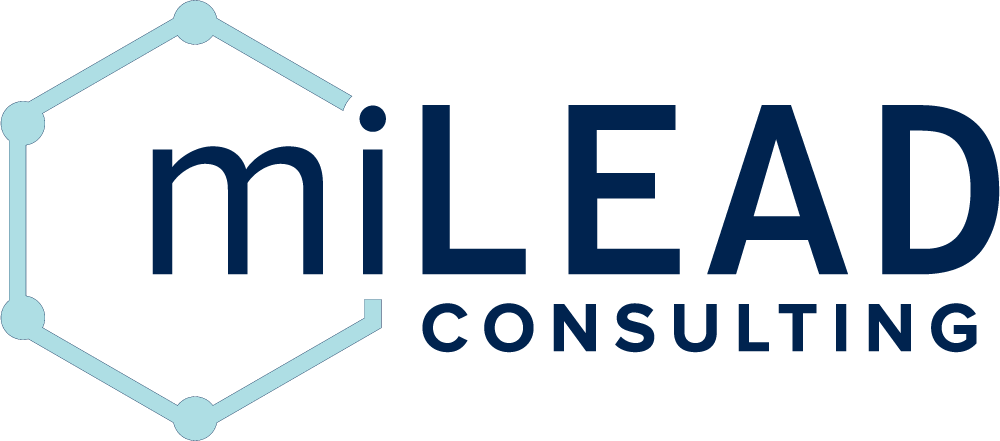Alumni Spotlight - November 2023
Candilianne Serrano-Zayas
Advisor in the Leadership Development Program at Eli Lilly and Company
How long were you a member of miLEAD? What positions did you hold?
I participated in miLEAD for about 3 years, from 2019-2022. I worked as a consultant for three different projects and as a project manager for my last project.
What was the most interesting project you were involved with while part of miLEAD?
One of the most interesting projects I worked on was performing primary research on the effects of the COVID-19 pandemic on patients' use of emergency rooms (ERs) vs. urgent cares (UCs) for a specific disease-patient population. The team had close to a month to perform and deliver original data on this topic, which was especially challenging during the pandemic, as all data that would be useful for this type of research was delayed due to the ongoing pandemic. We were able to find creative solutions to estimate our quantitative results and ultimately found that UCs were positively affected by the pandemic as patients preferred the low costs and shorter wait times compared to the ER, though serious treatments were still referred to ER due to limited UCs on-site diagnostic machine availability such as MRIs.
How did miLEAD help you obtain your current position?
miLEAD was one of the most helpful experiences during my job search and my current position. Currently, I am part of a rotational program where I get to do three 8-month long rotations across the organization. My rotations have been most related to my miLEAD experience, with my first rotation being in the Business Development organization where I worked closely with external innovation to accelerate medicine discovery for patients. During this rotation, I applied my miLEAD knowledge and experience with primary/secondary research, competitive landscape, and market analysis. Currently, in my second rotation, I am applying my experience as a project manager in the Portfolio and Project Management group, supporting early-phase drug development for the Neurodegeneration and Genetic Medicine pipeline.
What is your day-to-day life like in your current position?
My day-to-day in my current role includes many meetings with cross-functional teams (such as Toxicologists, Clinicians, Discovery researchers, and more), leadership/key stakeholders, several scientific forums, and regular interactions with internal support teams to ensure alignment, visibility, and operational excellence of each project through the drug development process. I am also responsible for updating internal databases for broad functional visibility, budgets, and timelines for each project, ultimately enabling the acceleration of projects for development.
What did you learn through miLEAD that you apply to your current position?
As I mentioned, miLEAD provided a broad set of skills that I still apply to this day. From carrying out primary/secondary research, market analysis, and competitive landscape analysis, to the learning agility, synergetic problem-solving skills, the ability to anticipate and recognize problems early, leveraging team support when needed to ensure the completion of deliverables, and the ability to frame questions and decisions to communicate to key stakeholders leading through decisions with a data-driven yet innovative mentality. My experiences in miLEAD have been critical for my professional advancement.
What advice would you give to current or prospective miLEAD consultants?
My best advice would be to keep your options open and network in a way that works for you and your personal interests. Instead of approaching my options with a specific role and title in my mind, I instead focused on identifying the skills and experiences I enjoyed the most, and those that I didn't really enjoy at all. By contrasting my skills with my actual interests and priorities on the job, I opened my networking conversations to focus on discussing potential roles or opportunities that I had never considered or been aware of before. I would encourage consultants to participate in case competitions and miLEAD projects and then translate your learnings (and most importantly what each experience delivered or contributed to in a quantifiable manner if possible) into your resume. Lastly, I would encourage members to join career development and mentoring programs such as the Scientist Mentoring and Development Program (SMDP) and others similar to this one, which focus on personalized career planning and networking.



